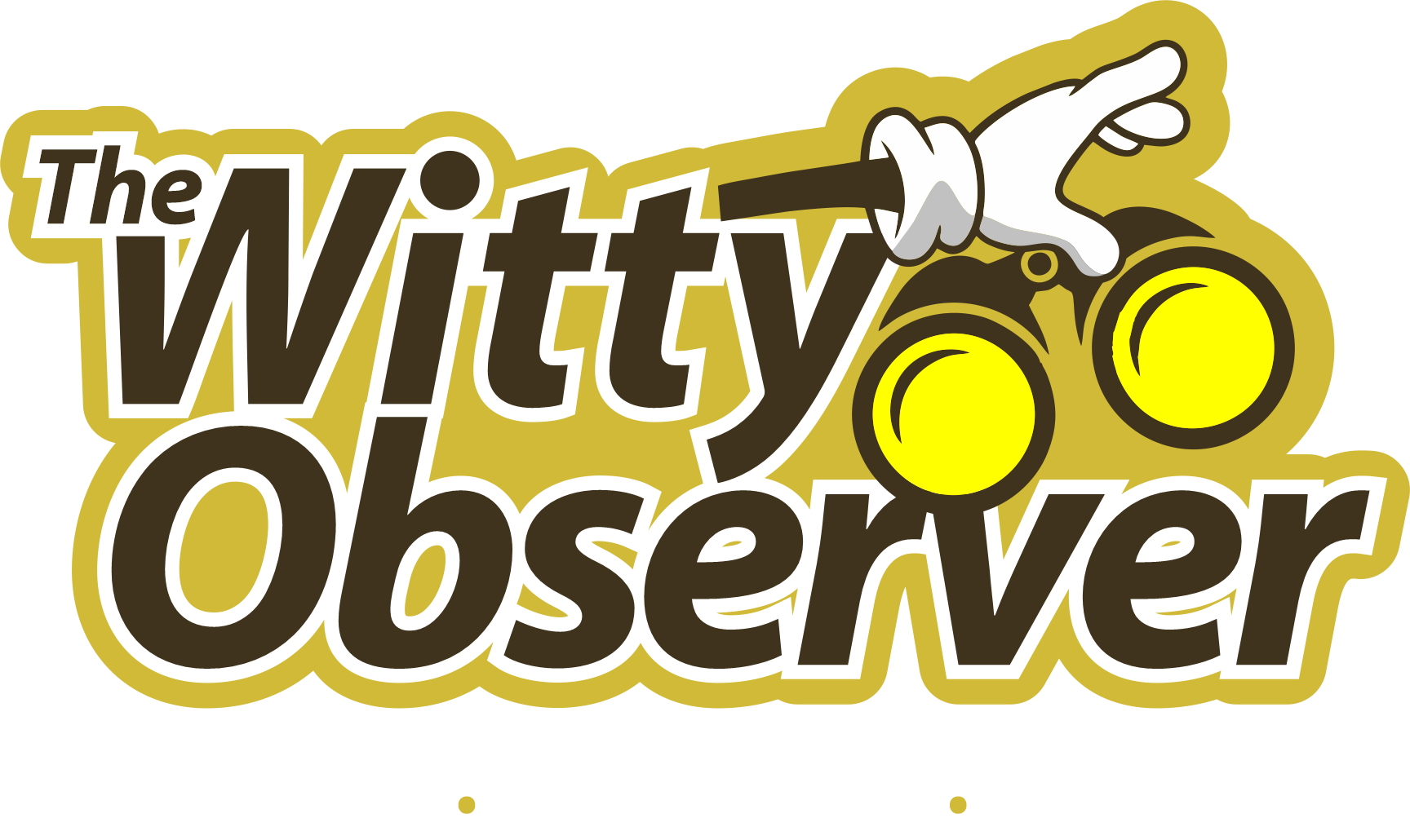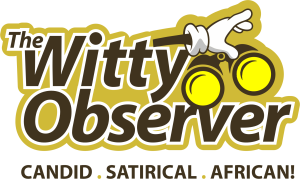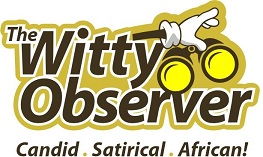A community elder summoned me to his office a month ago. He said, “Young man, week in and week out, you keep yelling out that Africa is a ….. he began stuttering, and then I interjected, “shithole?” He responded, “No, young man, at least “, k3 mo taflatse.”
For too long, African nations have modelled our educational systems on Western ideologies. In a conversation with a couple I ran into over the weekend, they spent 93 mins trying to convince me that the life success of their 4 children is secured. The children have been enrolled in an international school where learning instructions are exclusively in French, English, Spanish and German.

“Our children won’t be victims of this broken system,” the beaming mother said. Throughout Africa, students learn Western curricula. I have no data to ascertain the true impact of this Eton-style education, but a scan of the continent raises doubts.
To nurture engaged citizens, Africa must integrate its values into classrooms. Schools can become the breeding ground for critical thinkers grounded in cultural identity.
As we shape the next half-century, African philosophy must become part of our educational curriculum.
Let me suggest a few ideologies reinforcing communal ties, intuition and idealism over Western individualism, rationalism, secularism and materialism. This fosters youth who draw strength from both worlds.
The Community

One key distinction lies in how the West prizes individualism while Africa traditionally stresses communal bonds. Western curricula treat students as discrete entities striving for personal growth and achievement. However, African education could nurture young people as interconnected members of a social organism. Cooperative projects and collective governance in schools can model the communal self rather than the isolated self. This may better resonate with our students’ cultural upbringing.
In addition to differences in values of individualism and community, there are divergent perspectives on materialism versus idealism.
Morality
In addition, Western materialism contrasts with Africa’s idealism. While Western education focuses on wealth, power and technology, African schools can uplift ideals like morality, beauty of nature and harmony – Ubuntu.

They forced us to desist from using our herbs, and now they promote it. When they came here, they said only the primitive walked barefoot. Today, their scientists have given the practice a fancy term: Earthing. Walking barefoot reduces stress, regulates blood pressure heart rate, and improves mood.
Our schools must teach indigenous arts, music, and ethics and remind students that worthy ends transcend material means. Not everything is about money; Life has meaning beyond the tangible.
To return to the theme of integrating African ideologies into education, another critical area is preserving tradition and continuity.
Preserving Tradition & fostering continuity
Furthermore, Western progressivism diverges from African preservationism. While Western curricula prize innovation, African education should value tradition and continuity. Teaching indigenous languages, skills, and customs maintain cultural heritage. For example, Africa’s rainforests contain natural remedies for devastating diseases. Wormwood treats malaria. Periwinkle cures malaria. Let’s keep our savannas. They do not need to be converted into smart cities.

Pennywort fights diabetes. Acacia gum soothes skin issues. Aloe heals the skin. Pharmaceutical companies discredit our herbs in their raw state, but Africa’s biodiversity for medicinal secrets is long known to us. Nonetheless, progress in human rights, technology and medicine should also be fostered. Balance is paramount.
At the same time, while upholding African philosophies, progress in technology, medicine, and human rights should not be abandoned.
African Educational Curriculum
Yes, African philosophy is not a homogeneous or monolithic entity. However, by integrating African ideologies into our curricula, we can reclaim our identity and direction for the African Century ahead. Young people can simultaneously learn Western, Eastern and African thought while finding their place between and within civilizations. Our Educational institutions should partner with communities to align values and curriculum.
Pennywort fights diabetes. Acacia gum soothes skin issues. Aloe heals the skin. Pharmaceutical companies discredit our herbs in their raw state, but Africa’s biodiversity for medicinal secrets is long known to us. Nonetheless, progress in human rights, technology and medicine should also be fostered. Balance is paramount.
This will advance the adaptability and critical thinking needed to thrive.
Africa belongs to the West.
Some may argue that traditional ideologies have no place in the modern Classroom. But Africa’s millennia-old wisdom remains relevant today. Others contend Africa should fully Westernize to achieve economic success. So we burn down our forests, dispose of our medicinal herbs for Big Pharma options and demonize our food for fancy frozen American pizzas. If you ask me, I’d say the reason why the continent is a s!#$%; is because after we spilt the blood of our ancestors to decolonize, we held on to all the ideologies the West introduced to us. Yet cultural identity and self-determination are crucial for sustainable development.
Tiger’s Roar

Education is Africa’s most potent tool against poverty. Education is the weapon of mass destruction against the biggest cartel led by our Narcoqueens and Godfathers, aka politicians.
While Western models have expanded schooling, only half of Africa’s students gain essential skills for productive lives. This stems from political greed, not Western curricula. Don’t get me triggered. I will discuss the gluttony of politicians, but not today. Africa must leverage education to uplift our young people.
With thoughtful reforms, African education will enable young people to navigate African and global cultures. Our young people must learn our philosophy and history to create their future. By grounding young people in ideologies core to African identity while teaching modern knowledge, schools can cultivate citizens who can draw from the best of both worlds.
Icing on the Cake
Nigeria is projected to become the fifth-largest economy in the world by 2075, with a GDP of $13.1 trillion and an income per capita of $29,652.
Preparing a solid educational foundation for Africa’s youth to stand on the world stage without losing themselves is required. The time has come to nourish authentic African minds.
Taflatse — The language of the Ga people of Ghana
Translation — It is a local expression that precedes a derogatory term. It gives the speaker permission to make a disparaging remark to make an important point.




